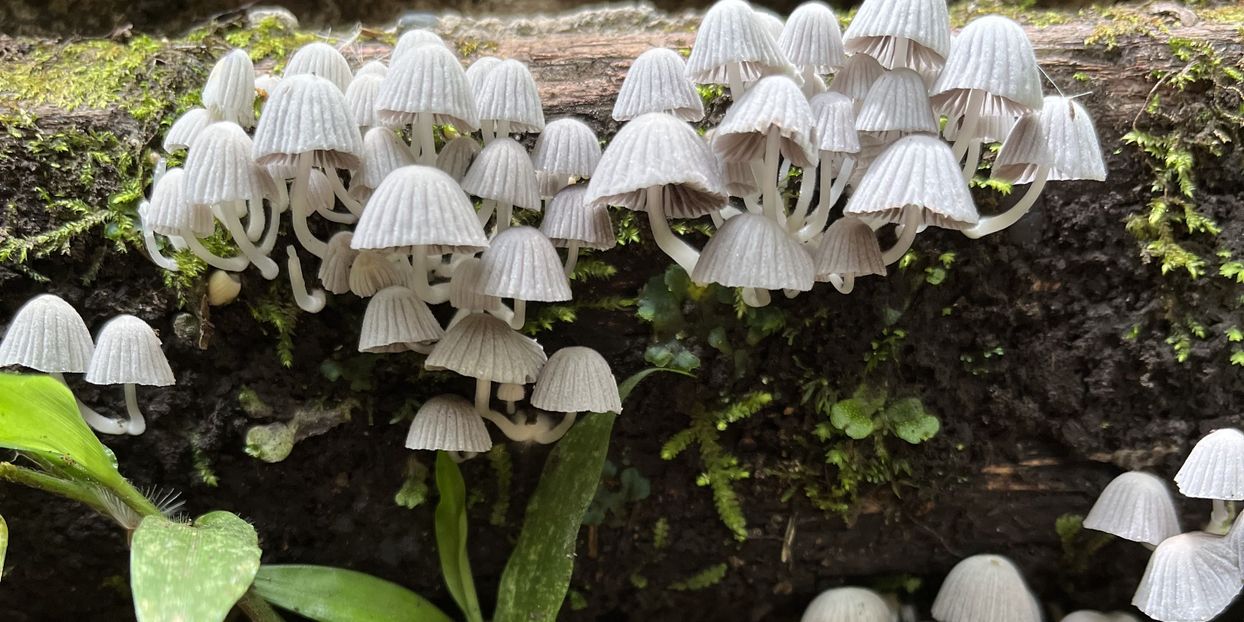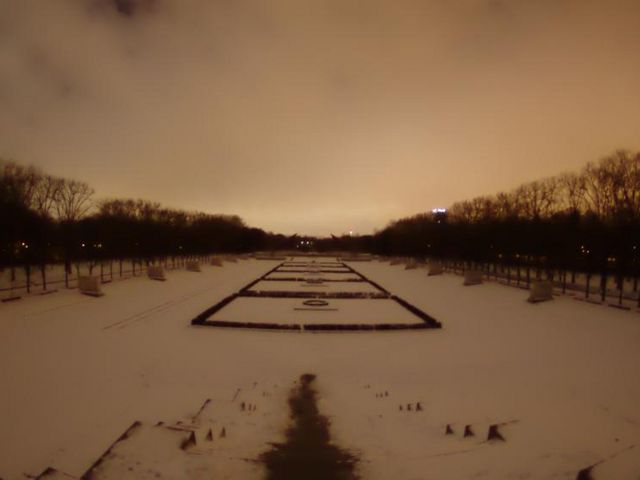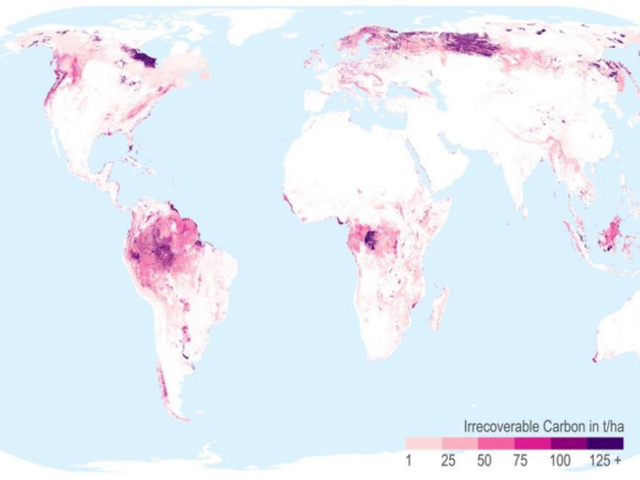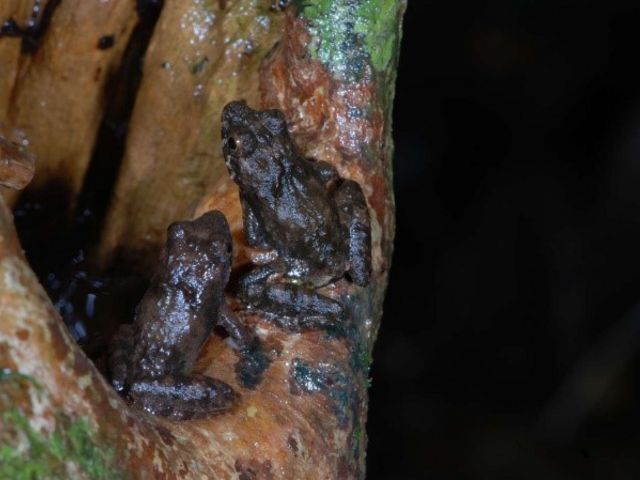
News From the Network

Snowglow and leafy trees in winter - How too much light affects biodiversity
12/16/2021 · IGBThe dark season has begun - but actually, due to the increase in artificial lighting, night and winter are no longer so dark. Researchers call this problem light pollution. More and more scientific studies show that light pollution is a serious threat to all levels of biodiversity - from genes to ecosystems. Researchers from the Leibniz Institute of Freshwater Ecology and Inland Fisheries (IGB) investigate the issue and provide an overview. In addition, as part of an international team, they have identified 11 urgent research questions that need to be addressed in order to mitigate the effects of light pollution on biodiversity.

New study: World map of the most important protected areas to avert a climate catastrophe
11/18/2021 · PIKNew research from Conservation International maps the places on Earth that humanity must protect to avoid a climate catastrophe. These ecosystems contain what researchers call “irrecoverable carbon,” dense stores of carbon that, if released due to human activity, could not be recovered in time for the world to prevent the most dangerous impacts of climate change. The special protection of these crucial areas has another advantage: they are also havens of biodiversity. Thus, the targeted protection of these irretrievable carbon reservoirs can simultaneously make a significant contribution to species conservation.

Sensitive Frogs: The Rainforest Heals More Slowly Than Previously Assumed
10/13/2021 · SGN and MfNScientists from two Leibniz institutions, the Senckenberg Natural History Collections in Dresden and the Museum of Natural History in Berlin, completed a long-term study of biodiversity in the rainforest over a period of more than twenty years. Using frog communities in the Ivory Coast region of West Africa as an example, the team was able to show that the ecosystem has still not recovered almost 50 years after deforestation.
